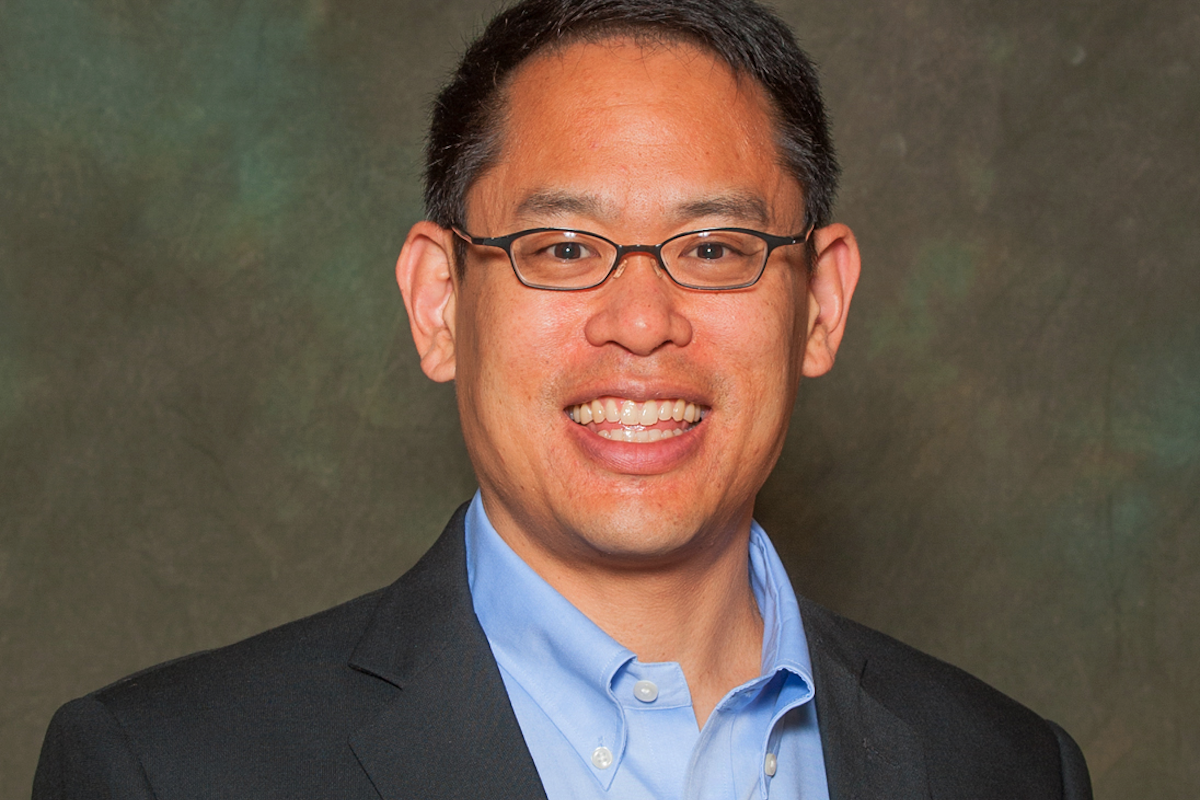Education
On Steve Hsu and the Campaign to Thwart Free Inquiry
It is not unreasonable to consider avoiding research that risks creating unmanageable divisions.

Academics who conduct research on intelligence and human differences, or who comment on it, are being removed from their positions, either as faculty or university administrators, at an accelerating rate. This development is clear to those who follow such things, but it deserves closer examination so we can better understand it. For young academics interested in this kind of study, it is a critical area of research, not a growing archive of misconduct. It is equally important to young professionals who are looking to innovate on education paradigms, which are informed by an expanding understanding of intelligence, the original driving force in pedagogy.
The problem is that it is not easy for such a person entering the field to grasp from the many dismissals and demotions what is going on. Intelligence research and researchers are being categorized as racists, sexists, and eugenicists, but the reasoning and evidence offered in support of such serious charges is often unconvincing, certainly by the standards of publication peer review. Nonetheless, such claims are sometimes quickly and tacitly accepted by the researchers’ affiliated institutions. They become the basis for a range of punitive measures, even if they are not explicitly referenced in disciplinary rationale (if and when any rationale is forthcoming). This is not a viable process for the exploration, and possible remediation, of intelligence research misconduct or misuse. The way such disputes are conducted is dysfunctional, and this dysfunction is easiest to illustrate by example.
Steve Hsu, Professor of Theoretical Physics and, until June 19th, 2020, Senior Vice-President for Research and Innovation at Michigan State University (MSU) is the latest high-profile sacking. Hsu is not accused of a discriminatory act while carrying out his administrative responsibilities, such as faculty promotions or recruitment. He reports that he has not received any such allegation during his eight years as SVP. Instead, he is accused of holding—and of supporting others who hold—racist, eugenicist, and sexist views pertaining to intelligence. His accusers are Kevin Bird, president of MSU’s Graduate Employees Union (GEU), the GEU itself, and a list of signatories—including many college professors—to a petition addressed to MSU President Samuel Stanley demanding Hsu’s removal from the SVP post. The accusations, and the evidence that supposedly supports them, were shared on June 10th in a series of tweets hashtagged into the #ShutDownAcademia #ShutDownSTEM initiative.
In a blogpost published on June 12th, Hsu forcefully rejected the accusations and methodically addressed the mischaracterizations that informed them. A counter-petition was circulated, which attracted an even longer list of signatories than Bird’s, and which also included many university professors. This too was sent to President Stanley, rejecting the claims made by the GEU and defending Hsu’s role as SVP. The president also received personal letters in support of Hsu from noted figures such as Steven Pinker, Professor of Psychology at Harvard University, who wrote “I am writing to urge you not to surrender to an outrage mob by removing Professor Steve Hsu from his Vice President position at MSU. Professor Hsu has discussed ideas that are controversial, but they are not malignant, and he has supported them with citations from the scientific literature.”

Nevertheless, Hsu was removed from his position as SVP on June 19th. The university issued the following four-sentence statement from Stanley:
I believe this is what is best for our university to continue our progress forward. The exchange of ideas is essential to higher education, and I fully support our faculty and their academic freedom to address the most difficult and controversial issues. But when senior administrators at MSU choose to speak out on any issue, they are viewed as speaking for the university as a whole. Their statements should not leave any room for doubt about their, or our, commitment to the success of faculty, staff and students.
It can only be true that senior administrators at MSU “are viewed as speaking for the university as a whole” if one assumes that every senior administrator agrees on every issue about which they speak publicly. This is surely not an appropriate stance for institutions which are supposed to be the vanguards of new knowledge.
This expedited firing raises many questions. The central justification offered was that, although all the evidence collected by Bird and the GEU was already publicly available, its collection into a single thread raised general awareness of Hsu’s alleged sexism and racism (and presumably caused the university embarrassment). But the quantity of the accusations is not matched by their quality. Each tweet makes an allegation but the evidence to which it links in each case is insufficient. Had the university scrutinized the substance of the charge sheet instead of being intimidated by its length, it might have felt more confident dismissing the allegations as vexatious and trumped-up.
For example, in one tweet, the GEU alleges that Hsu is “advocating for differences between brain morphology and races” and links to a blog post, in which he summarizes an August 2015 article in Current Biology entitled “Modeling the 3D Geometry of the Cortical Surface With Genetic Ancestry.” This NIH-funded research was conducted by University of California, San Diego Professor Anders Dale and his team from the Department of Cognitive Science and the Multimodal Imaging Laboratory. The authors discovered that human ancestral origins can be predicted using the geometry of the cortical surface of the brain. This is similar to the predictive power in DNA that 23andMe uses to recover an individual’s ethnic origins. The GEU tweet claims that “such arguments are reflective of the early days of scientific racism and are shameful,” which suggests that Hsu should be ashamed of quoting the paper’s research, and that having done so exposes him as a racist. GEU doesn’t condemn Dale’s lab for discovering these predictive morphological differences but alleges without elaboration that Hsu is employing them for racist purposes.
The rest of the GEU thread is similarly problematic. And yet, on the basis of this kind of insinuation and innuendo, many professors wanted Hsu fired, and were willing to sign an accusatory petition to this end, immediately ratified by President Stanley. It appears that the GEU were able to synthesize, on Twitter, an account of Hsu’s alleged racism and sexism of which the MSU administration had, until then, been blissfully unaware. They were even able to decide the appropriate punishment—that Hsu be removed from his administrative post, but not his academic one. A tenured but relegated academic no longer permitted to contribute to University decisions on funding or personnel.
Young professionals watching this spectacle are left to put it all together. The Enlightenment principles on which academic institutions raised us are now failing their students, their faculty, and the broader society their research is supposed to serve. Those same institutions now discipline scientists merely for exploring, or even just commenting on, testable hypotheses relating to intelligence and brain research. The problem is not that they have arrived at a falsifiable argument, it is that they have not bothered to develop one. They have not even performed the work necessary to be wrong.
Intelligence is the most singular human quality. We share many traits with the rest of the animal kingdom but it is our faculty of intelligence that distinguishes us. As such, its exploration is a profound inquiry into who and what we are. Academic institutions should be encouraging the pursuit of a deeper understanding of our cognitive capabilities and how this relates to human variation and kinship. Instead, they are capitulating to those dedicated to frustrating this avenue of inquiry and discovery. The public vilification and dismissal of Hsu and other intelligence scholars is part of a campaign intended to intimidate and deter young researchers venturing into this treacherous academic territory.
There is more to be gained from asking difficult questions than foreclosing in fear of the unknown. It is not unreasonable to consider avoiding research that risks creating unmanageable divisions. But only after we subject those considerations to the same rigor we expect from the research inquiries themselves. In the end, the opposite of being wrong is not being right. It is being precise. It is only then, that we can begin to distinguish between what is true and what is false.






